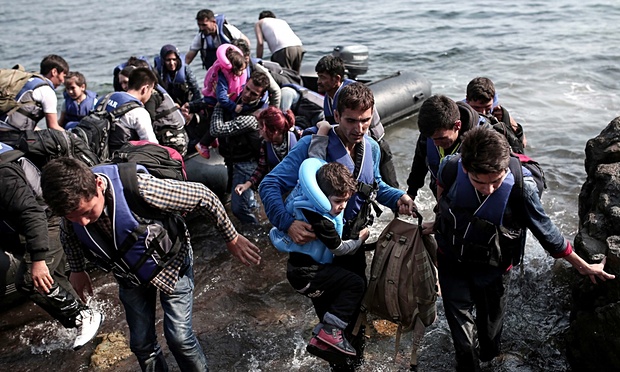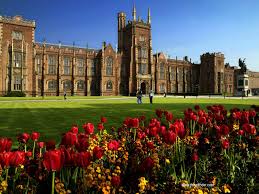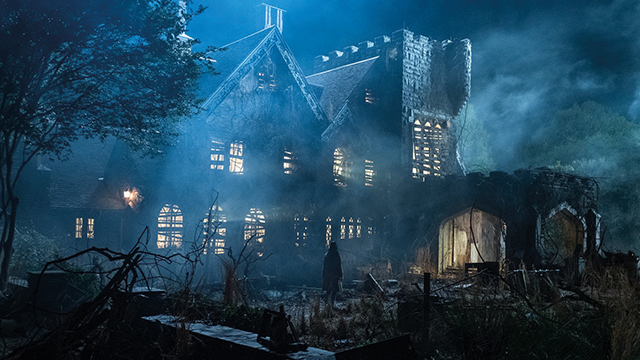
Last September, the world was horrified when images emerged showing the body of 3-year-old Alan Kurdi washed up on a beach in Southern Turkey. While we had been fully aware of the thousands of Syrian people flocking to Europe for some time, the publication of this photo sparked something amongst the public.
In him, we saw our son, our brother, our nephew. The death of this little boy finally gave the world the wake-up call that it desperately needed, as we finally began to view the refugee crisis as the humanitarian emergency that it is.
Flash forward to six months later. This initial sympathy and support has long dried up, along with the empathic Facebook posts, cries of support, and pledges to give a refugee a bed.
Not only have these powerful statements of support for migrants largely declined, but has, in many cases, transformed into hatred, with anti-refugee parties such as Alternative fur Deutschland in Germany gaining popularity over the past few months. Closer to home, anti-Islam group Pegida have gained enough followers in Ireland to recently launch a branch of their organisation here.
The public are fickle, and while many people have grown tired of the issue, as they eventually do with many major news stories, this crisis is as alarming as it was when everyone jumped on the sympathy bandwagon last summer.
We are less than three months into 2016, and already more than 135,000 refugees have arrived in Europe. By February of this year, 409 people failed to complete their journey to European shores, drowning in the Mediterranean.
While the crisis continues to unfold and more lives are lost, European leaders continue to hold drawn out talks and debates over which nations should accept responsibility for the migrants. The most recent of these solutions was the closing of the Balkan corridor, meaning that the borders of Croatia, Slovenia and Macedonia are now shut to refugees.
During an EU summit in Brussles, Turkish Prime Minister, Ahmet Davutoglu suggested a controversial solution that has appealed to many leaders. Under the proposal, all migrants arriving to Greece will immediately be sent to Turkey. For every person sent back, the EU will accept a refugee, while those returned to Turkey will go to the back of the asylum queue.
However, there is a catch, as Turkey are seeking heavy concessions in return, demanding that steps be taken towards the nation becoming a member of the EU.
This suggestion has many flaws. Firstly, it is illegal, as the mass expulsion of foreigners is prohibited under the European Convention of Human Rights.
Secondly, international rights groups have spoken against the plan, stating that refugees in Turkey are living in unsuitable conditions, and some have even been forcibly sent back to Syria.
The fact that this plan is being viewed as a solution to the crisis, along with the closing of the Balkan corridor, shows that Europe is now willing to do anything to outsource this problem. They are willing to take any action to divert this problem from Europe, because refugees have quickly become too much of a load on the great nations of the continent.
They are quick to use the defence that they are merely sharing this burden with Turkey, but this plans sounds as though they are trying to shift the burden completely.
I am not suggesting that Europe opens its borders and immediately takes in every refugee arriving on its shores without question. To believe that this is a valid solution would be naïve, as accepting such an overwhelming number of migrants presents many obstacles.
Where are they going to live? How are nations, some of which are already struggling financially, going to fund the arrival of tens of thousands of new citizens? Plus, the fact that the migrants are from a radically different culture to Europe means that integration will be a slow process, and one that should not be treated delicately.
However, this does not excuse the state of limbo that has been forced upon the thousands of refugees who are living in slums such as the infamous Calais ‘Jungle’, a refugee camp in Northern France which has existed in various forms since 2002, but has grown rapidly in the past two years.
The camp, which inhabits 5,500 thousand people, is now being partly bulldozed by the French authorities. The dismantling of the camp has sparked uproar amongst residents, with many sewing their lips closed in protest.
As long as there is a delay in creating a plan to manage the situation, this catastrophe is generating even more dangerous activity. Criminal gang are making a huge financial gain through trafficking, while in order to survive, female refugees are forced into the sex trade.
Meanwhile, Europe continues to procrastinate.
It would be so much easier to stand by the side line and watch as this chaos steadily gets worse. But it is time to accept that while there is no simple solution, swiftly pushing the problem on to other countries is not going to solve anything, and is most certainly not in the best interests of the people who turned to Europe when their lives were in danger.
It’s time for both the leaders and citizens of Europe face this humanitarian challenge with the same compassion we showed when we first saw those images of Alan Kurdi. The time for procrastination has passed – we now finally need to act.
Lisa O’Donnell
Image credit: The Guardian




Leave a Reply